
Engine oil into coolant bottle?😲😳 mechanic shortsfeed YouTube
Free 2-day Shipping On Millions of Items. No Membership Fee. Shop Now!

How often should I change the coolant in my Mini Cooper? Oceanside
Visit Virtual Showrooms & explore Installation Services. Get quick, convenient services. Buy Auto Parts & Accessories by category. Get the latest Parts & Service for your Vehicle.

Truck And Bus HP Lubricants Kool Gard Coolant Engine Oil, Grade 20w 40, Unit Pack Size 1L at
As an engine produces more power, it naturally creates more heat energy which will then transfer to the oil. If this level of heat transfer is above what the original engineering was specced to.

How to Avoid Oil Contamination in Your Detroit DD15 Engine Detroit
Engine oil coolers come in two basic types: oil-to-water and oil-to-air. Both types flow the oil through a heat exchanger element that either adds or pulls heat away to maintain the proper temperature. As the names suggest, one type uses air to perform this function, while the other uses water.

Enthusiastic Guide to 10w30 Engine Oil Armor Lubricants
Get rid of destructive heat with an external oil cooler for your engine, transmission, power steering and rearend. Have you ever considered how hot oil gets inside your engine,.
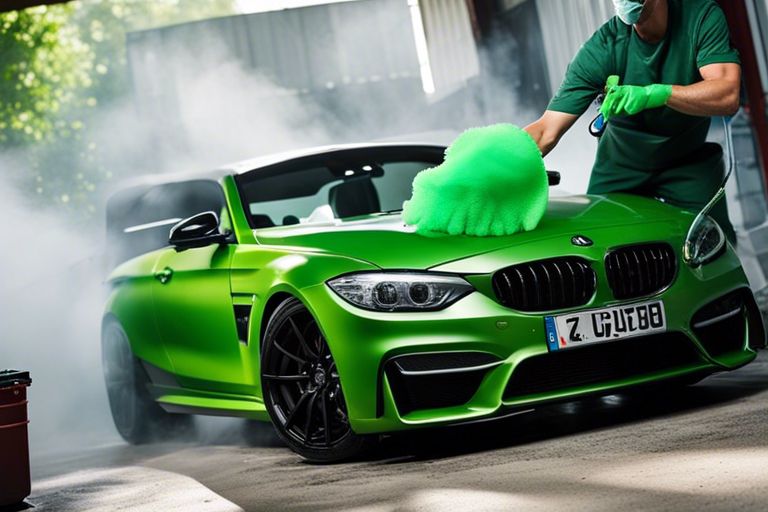
how to clean coolant off engine Driven Mavens
The oil cooler receives the lubricant's heat and exchanges it with the ambient air or the radiator coolant. It is typically the automatic gearbox oil that needs a dedicated oil cooler. Vehicles, driving with engine oil that is cooled by a separate exchanger, is a common sight. Especially in high-performing or downsized engine vehicles, a.

MOTOWORKS 150CC bigfoot OIL COOLED DIRT TRAIL PIT MOTOR 2 WHEELS PRO
An engine oil cooler functions like a radiator, routing hot engine oil away from the engine and allowing air to carry the heat away. The cooled oil helps keep the engine cool, and it doesn't break down as fast, extending service life. Top Brands When the heat is on, you need an engine oil cooler that won't quit!
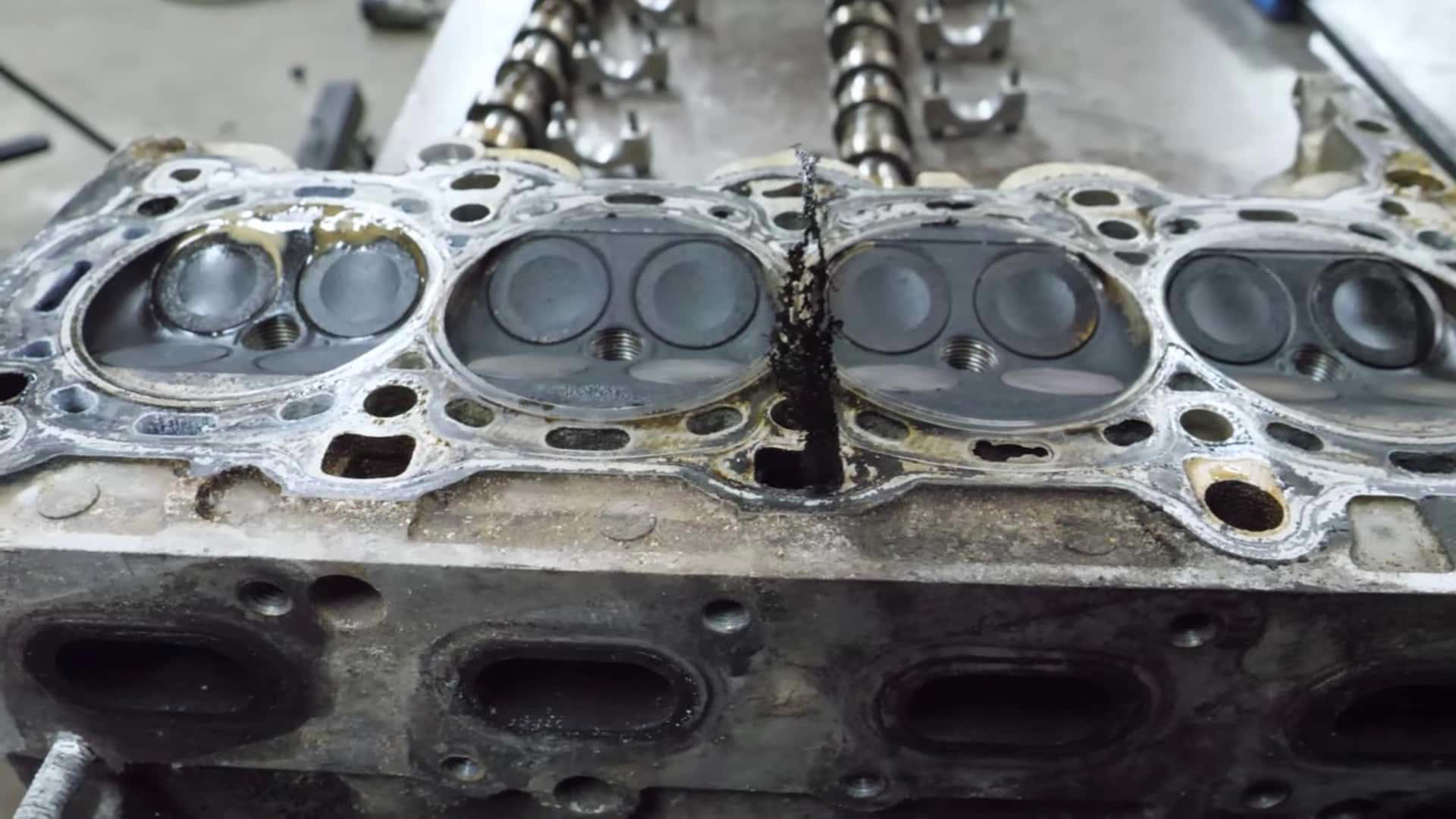
Chevy Turbo Engine Teardown Shows Why Coolant And Oil Should Never Mix
Engine oil, transmission oil, hydraulic oil, power steering oil, differential oil, and even shock oil can and will need cooling. We will focus on engine oil cooling in this article but the two cooling methods apply to any heat rejection application, each with their positives and negatives.
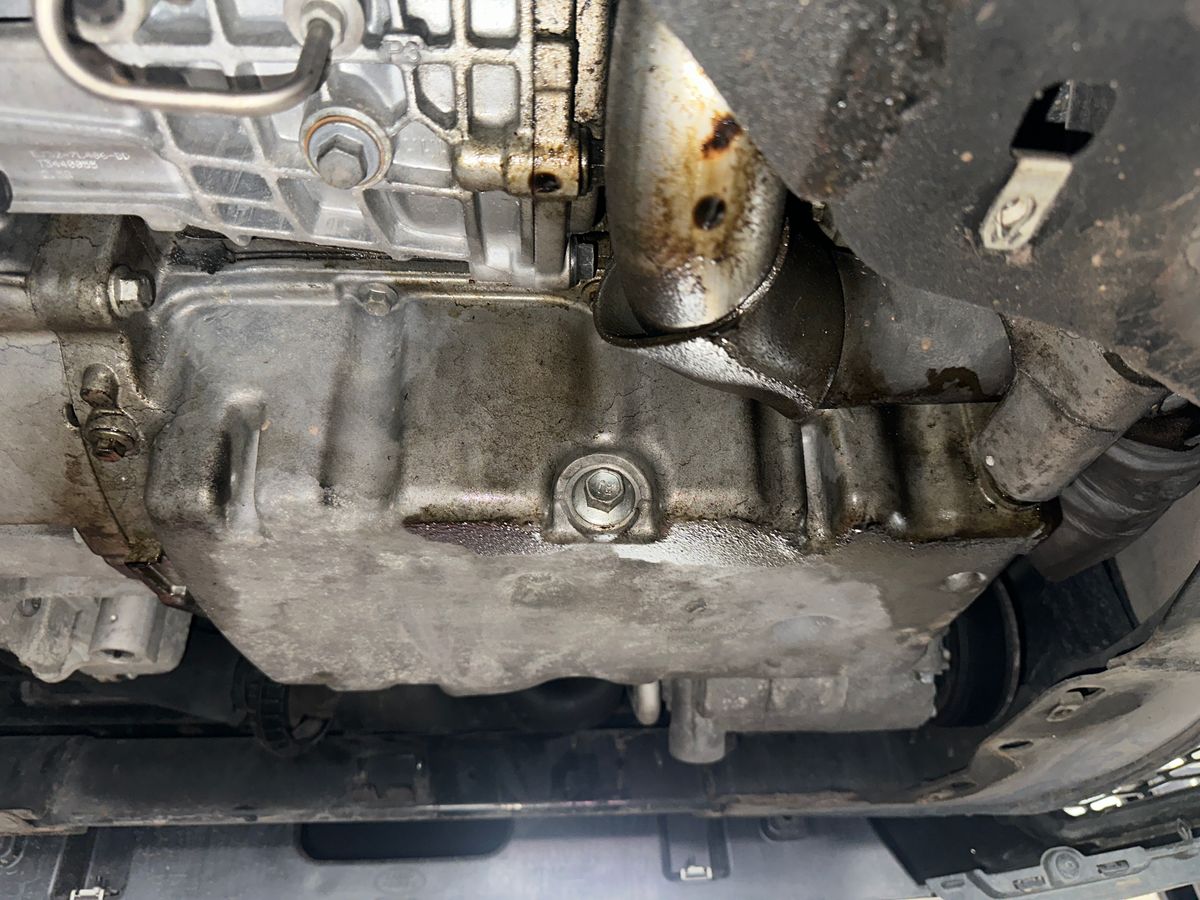
Why is my Land Rover Range Rover leaking oil from the bottom of the
Coolant in Your Engine Oil Coolant in oil can cause severe and expensive damage if not caught in time. It will gum up everything inside your engine, reducing oil flow through the pump and galleries. Slowly, it will destroy bearings, cylinders, and ultimately, your engine. The most common symptoms of a coolant in oil problem include:

Green Concentrate Bosch Engine Coolant Oil, Packaging Type Bottle, Unit Pack Size 5 Litre at
If you see coolant mixing with oil, you have to act fast because it can cause severe engine damage. If you ignore this issue for a long time, it can damage your entire engine system. To prevent this, once you notice coolant in Oil, you have to fix it immediately or seek professional help.
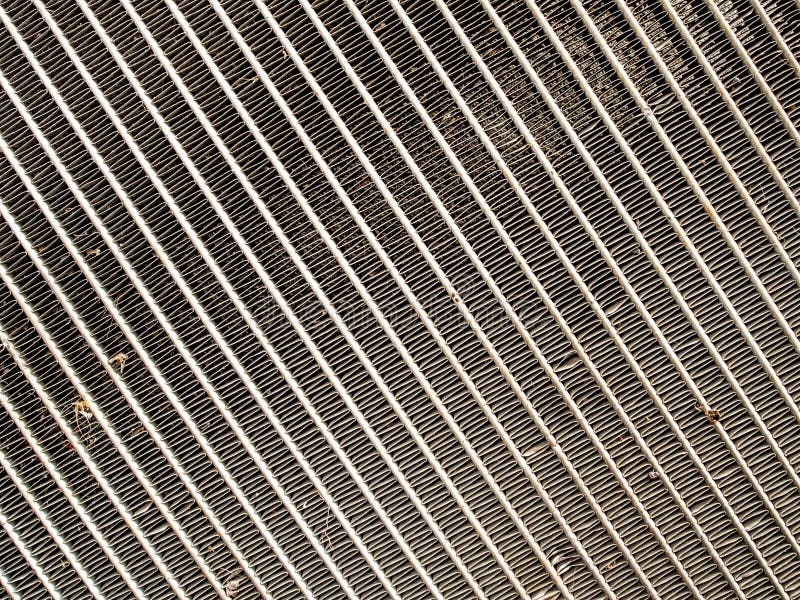
Radiator Oil or Water Cooling Engine Stock Image Image of cooler, detail 202711097
While cooling occurs when the oil is in the sump, cooling also occurs in other parts of the engine as well. The main purpose of oil is to lubricate, which reduces friction in the engine (other things oil does is cool, clean, protect, and cushion). Friction creates heat.

Sienna head gasket leaking coolant and oil into the valley of the
7. Engine oil cooling. All engines use oil as a lubricant, to seal off the compression chamber and to reduce piston wear and friction. The friction and the heat from the combustion heat the oil, reducing its viscosity. If the oil temperature becomes too high, the low viscosity will render the protective oil film too thin for effective.

AIR COOLED Vs OIL Cooled Vs WATER Cooled ENGINES
Oil jet cooling is a crucial technique used in modern engines to regulate and maintain optimal operating temperatures. By directing a stream of oil onto specific components, such as pistons, cylinder walls, and valves, this cooling method helps dissipate heat and prevent overheating.The oil jet acts as a coolant, absorbing excess heat and carrying it away from critical engine parts.
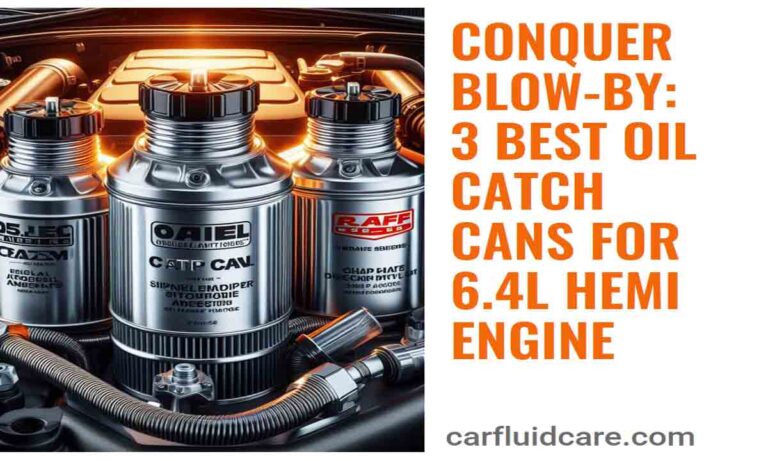
Conquer BlowBy 3 Best Oil Catch Cans for 6.4L HEMI Engine
Coolant mixed with oil reduces the oil's potency as a heat remover and lubricant. The result is an engine with poor lubrication. If you do not notice such contamination early, you stand the chance of spending a lot on repairs or having to change the engine completely. Little to no lubrication cause an engine to overheat.

Coolant Engine Oil, Packaging Type Bottle at Rs 150/litre in Surat ID 2849767187891
Oil cooling is the use of engine oil as a coolant, typically to remove surplus heat from an internal combustion engine. The hot engine transfers heat to the oil which then usually passes through a heat-exchanger, typically a type of radiator known as an oil cooler. The cooled oil flows back into the hot object to cool it continuously. Usage
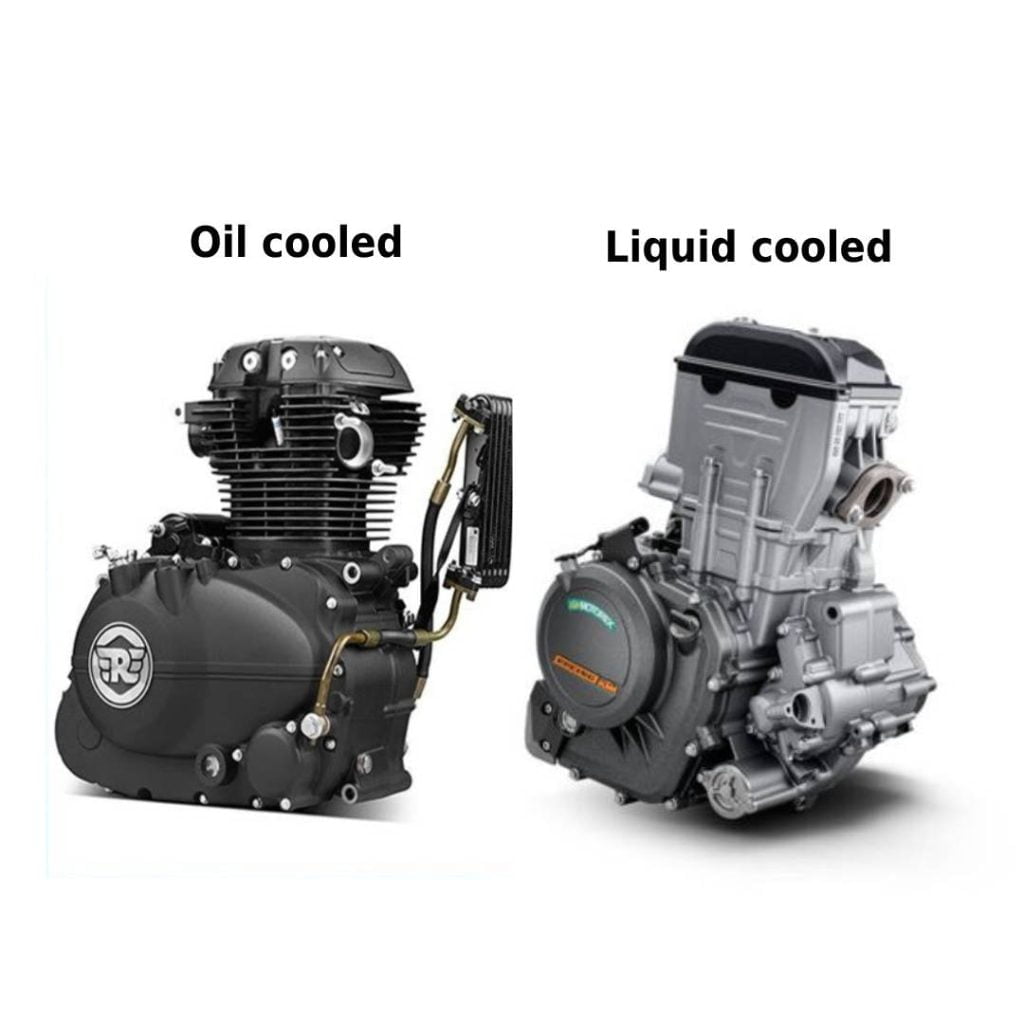
Which is better an oil cooled or liquid cooled engine? Supergen Engine Oils
Your coolant is the liquid that runs through your car's engine to maintain a safe operating engine temperature. This fluid is the lifeblood of your car's engine, and it needs to remain clean and free from contamination. If you notice oil in your coolant, there could be a few different reasons why this is happening.